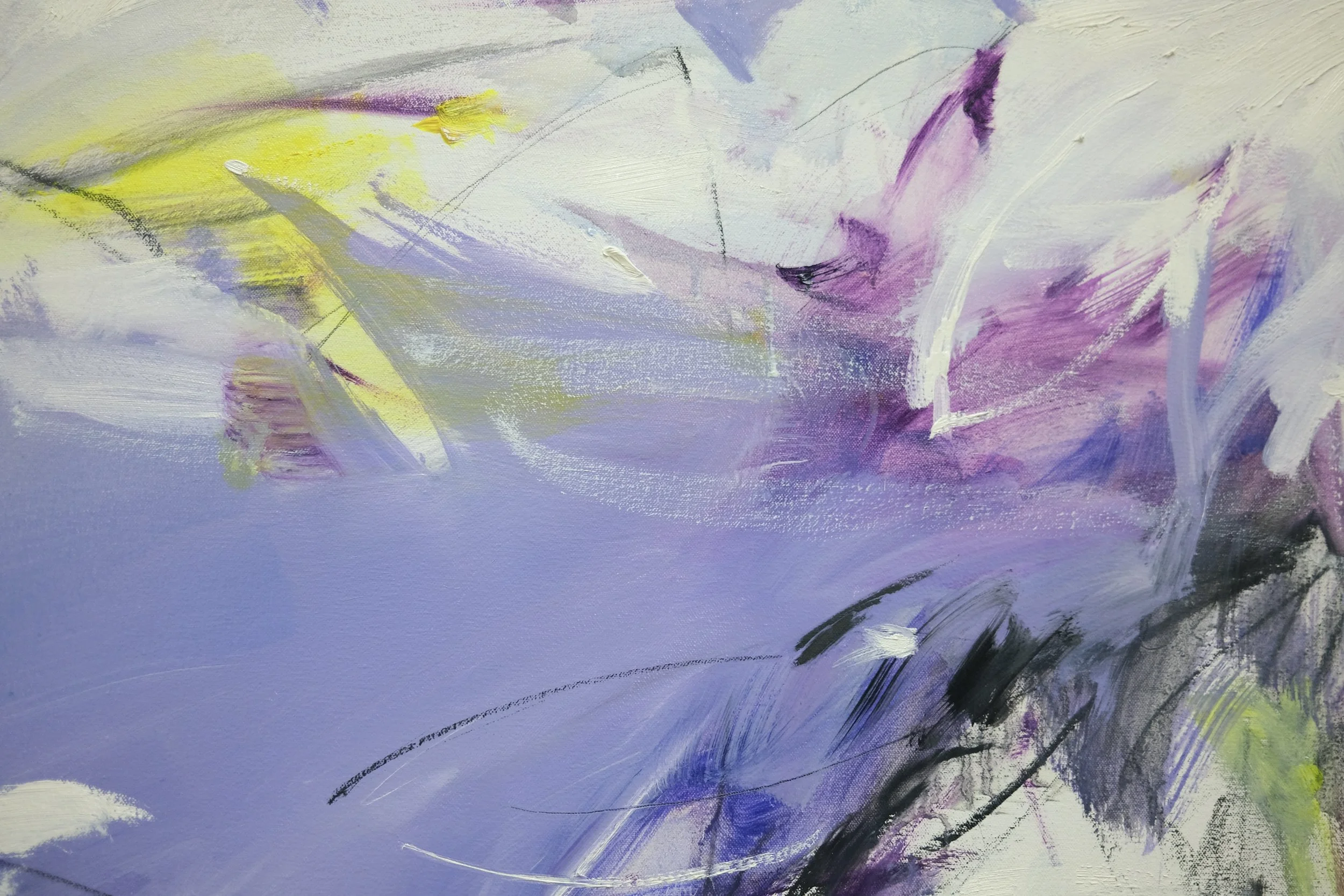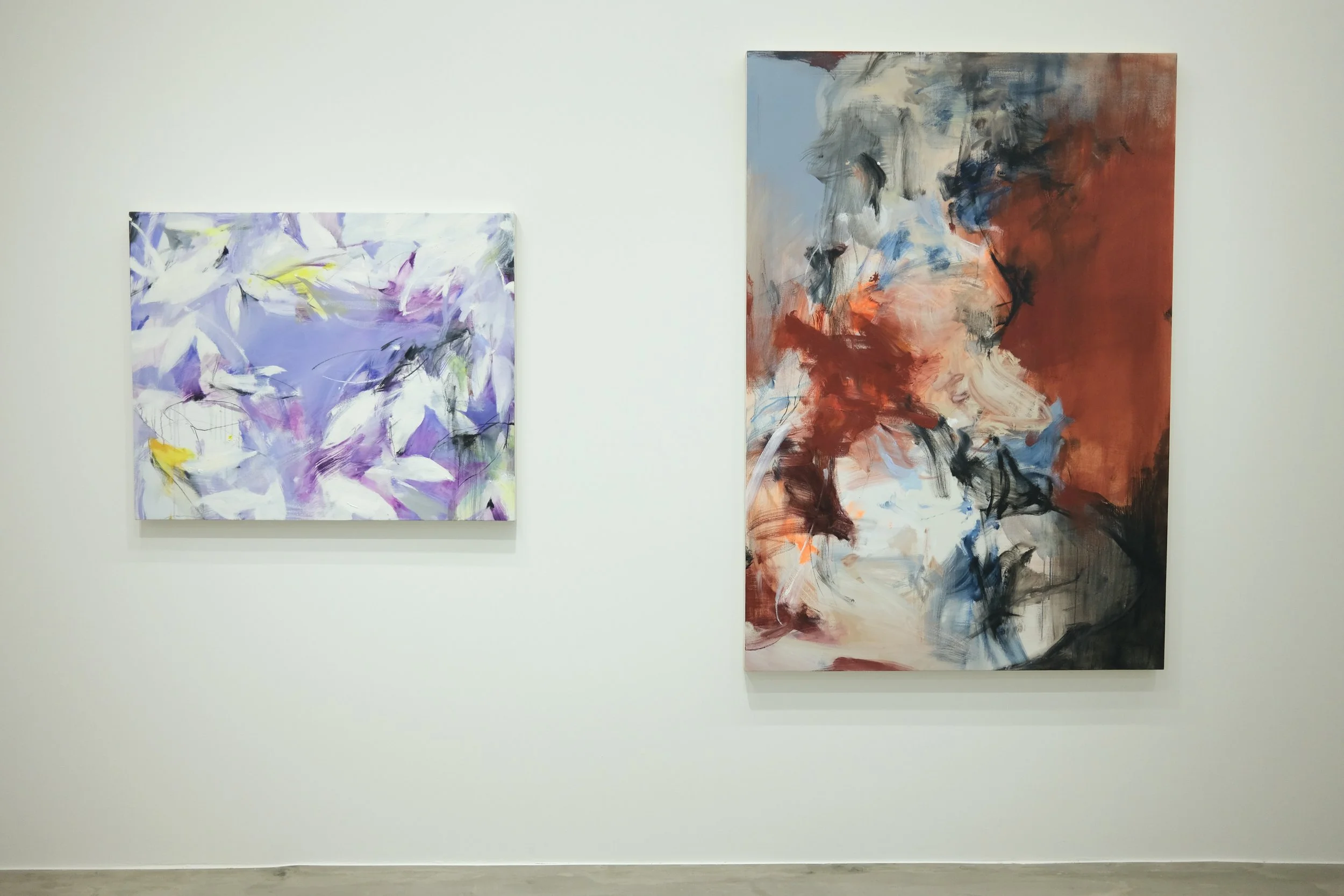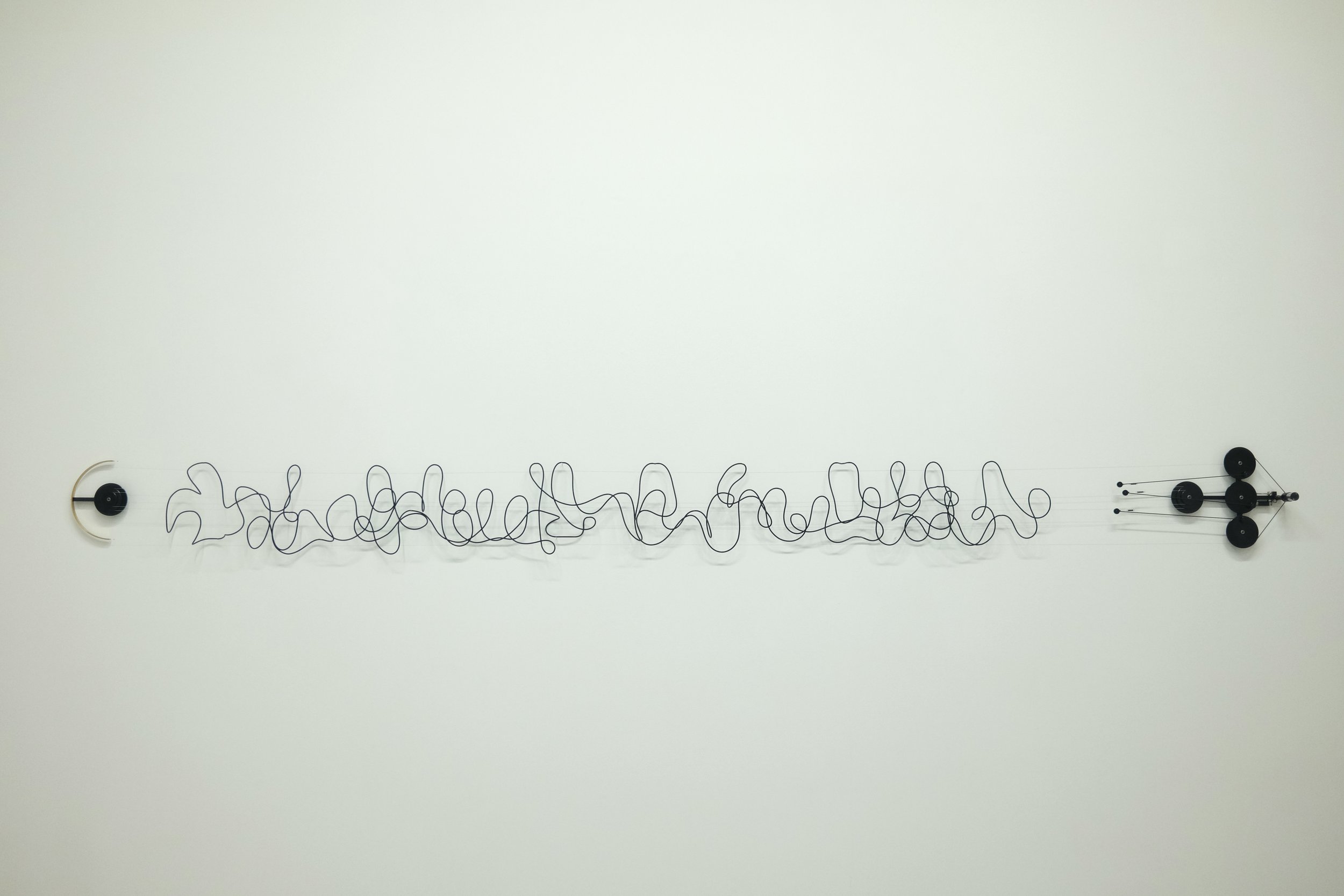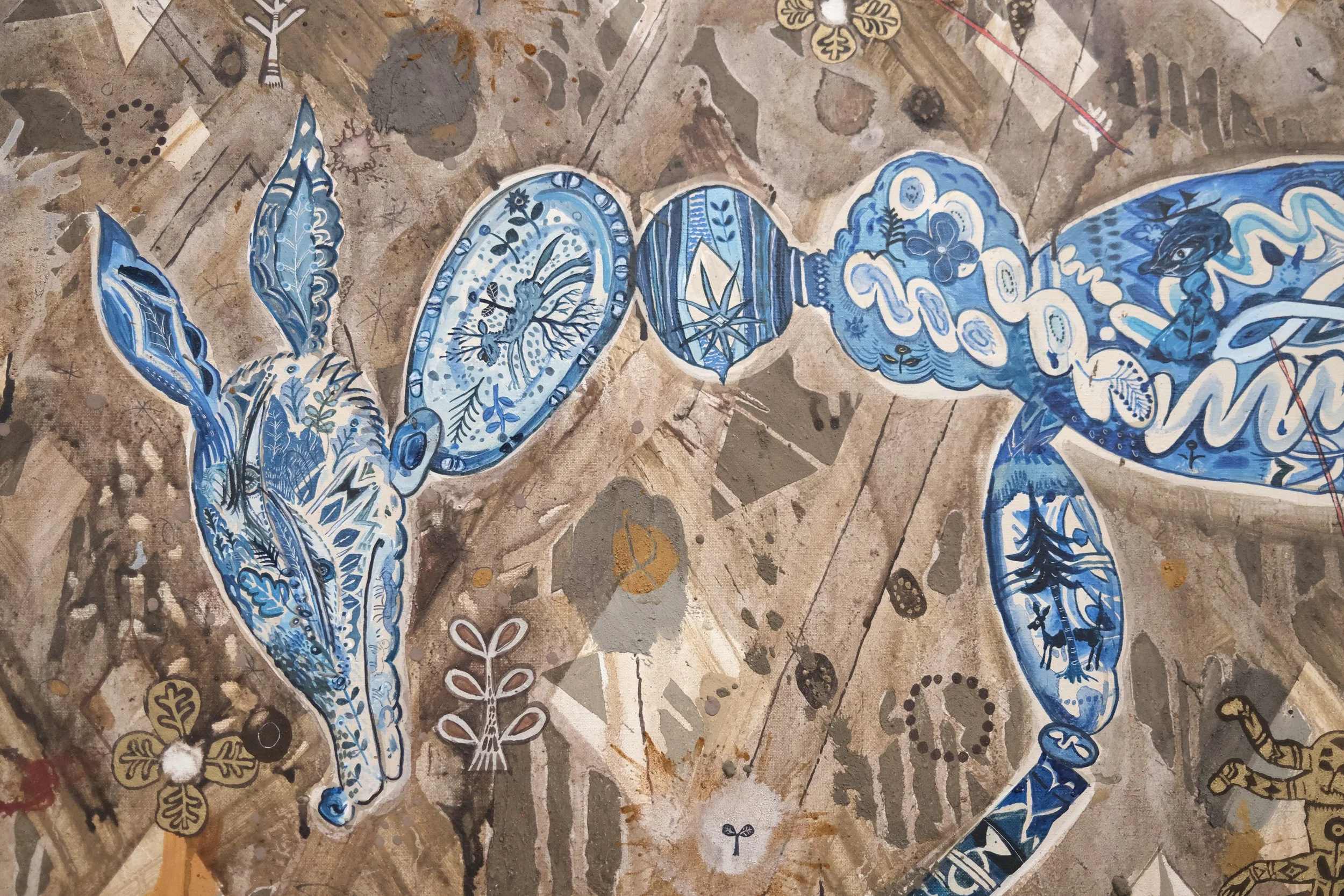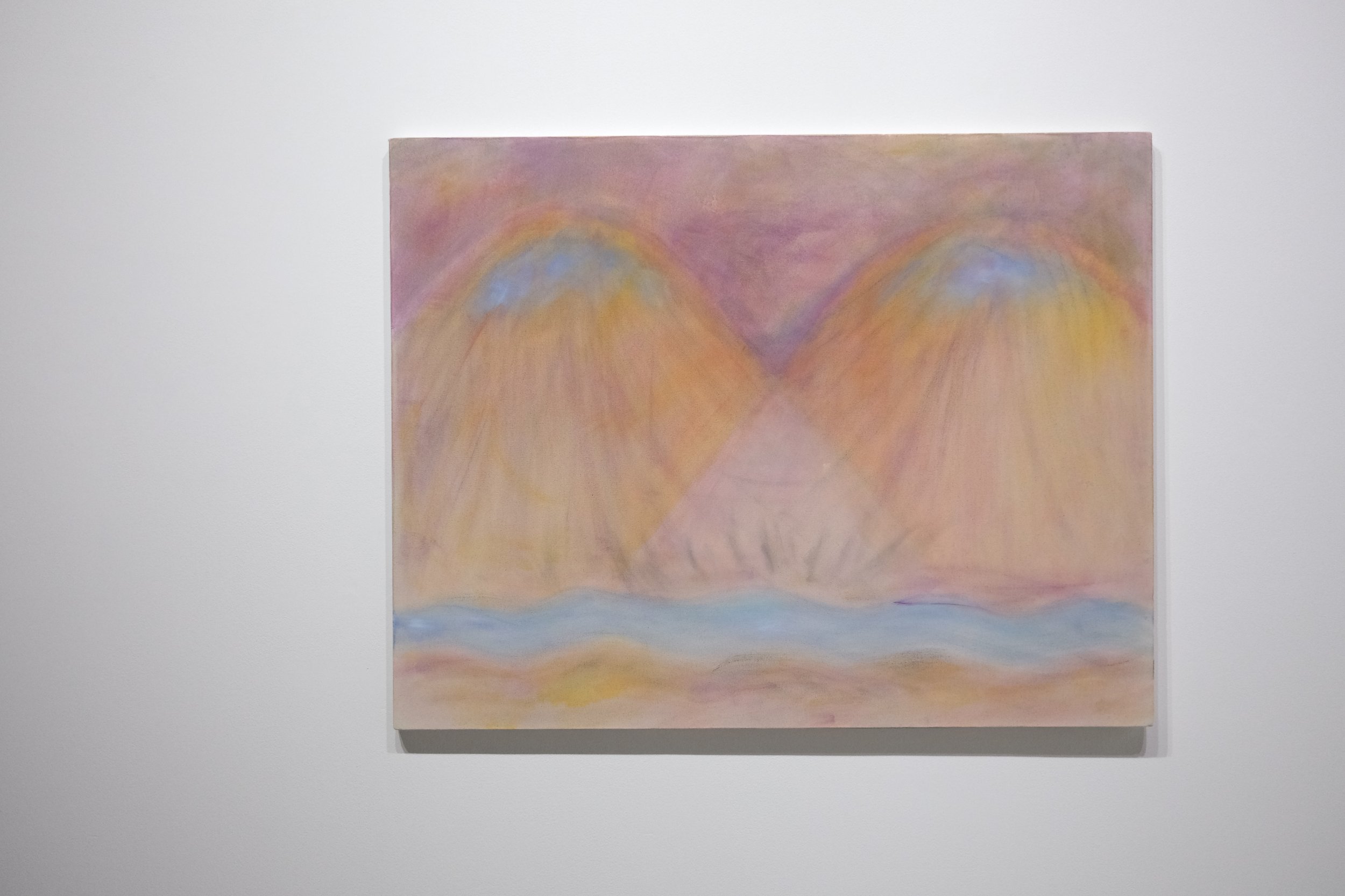CÉZANNE SPEAKS…
(I publish [...] these notes collected by Cézanne's son without adding one line of my own, not wanting to alter in any way the thoughts, reflec-tions, and opinions of the artist ...)
I Critics' opinions about art are formulated more on literary principles than on aesthetic ones.
Il The artist must avoid literature in art.
Ill Art is the manifestation of an exquisite sensitivity.
Iv Sensitivity defines the individual. At its highest level, it identifies an artist.
v Great sensitivity is the most powerful characteristic of any beautiful artistic creation.
vi The most seductive element in art is the artist's own personality.
vIl The artist gives form to his sensibility, to his own, innate individuality.
vIll The nobility of an artist's creation reveals his soul.
Ix The artist materializes and individualizes.
x The artist knows the joy of being able to communicate to others his excitement about nature, that masterpiece whose mysteries he believes he has deciphered.
xI Genius is the ability to renew one's emotion by daily contact with nature.
xII For the artist seeing is creating; creating is composing.
XIII Because the artist does not note down his emotions as the bird sings his song: he composes.
xIv The universality of the immediate impact of a work of art does not indicate its importance.
xv Art is a religion. Its goal is the elevation of thought. xVI He who does not hunger for the absolute (perfection) is content with placid mediocrity.
XVIl An intellect's excellence can be judged by the originality of its creations.
XVIII A mind that can organize powerfully is the most precious collaborator with sensibility in the realization of a work of art.
XIX Art is the adaptation of things to our needs and tastes. xx The technique of any art consists of a language and a logic.s xx1 Style is perfect when it is commensurate with the character and grandeur of the subject it interprets.
xXII Style does not result from the slavish imitation of the old masters; it develops from the artist's personal manner of feeling and expression.
XXIII The manner in which a work of art is rendered allows us to judge the distinction of the artist's mind and insight.
xxIv The quest for novelty and originality is an artificial need which can never disguise banality and the absence of artistic tempera-ment.
xxv Line and modeling do not exist. Drawing is the relationship of contrasts or, simply, the rapport of two tones, white and black. xxvi Light and shadow result from the rapport between colors.
These two most important phenomena differ not by their general intensity but by their individual resonance.
xxVII The form and contour of objects are created by oppositions and contrasts which result from their particular hues.
XXVIII Pure drawing is an abstraction. Drawing and color cannot be separated, since all things in nature are colored.
xxIx As we paint, we gradually draw. Accuracy of tone gives an object both its light and shading. The better the color harmonies, the clearer the drawing becomes.
xxx Contrasts and relations of tones are the secret of drawing and shading?
xxxI Nature exists in three dimensions. There is a distance-a plane- between the painter and his model; it is atmosphere. All bodies seen in space are convex.®
XXXlI Atmosphere forms an enduring foundation. Oppositions of colors divide all the phenomena of light into separate elements upon the screen that is atmosphere. This atmosphere, then, envelops the painting, contributing to its synthesis and general harmony.
xxxIII We can say, therefore, that to paint is to create contrasts. xxxIv There is neither light painting nor dark painting, but simply relationships of tones. If they are placed well, by themselves they will establish harmony. The more numerous and varied they are, the greater is their effect and the more pleasing they will be to the eye?
xxxv Like all the arts, painting has its own techniques, but beauty of tone and harmonious combinations of sensations depend entirely on the artist's discernment.
xxxvi The artist cannot perceive all these relationships directly;
he must feel them.
xxXVII To sense correctly and represent that sensation fully is the foundation of style.
xXXVIII Painting is the art of combining sensations, in other words, of establishing harmony between colors, contours, and planes.
xxxx This method comes from contact with nature and develops through experience. It consists of searching for the expression of what one feels and of organizing sensations within a personal aesthetic.
xL Schools of art, a priori, do not exist. 10
XLl To paint from nature is to set free the essence of the model.
Painting does not mean slavishly copying an object. The artist must perceive and capture harmonyl from among many relationships. He must transpose them in a scale of his own invention while he develops them according to a new and original logic.
XLII To paint a picture is to compose.
page 16 -
Conversations with Cézanne


































































































































































